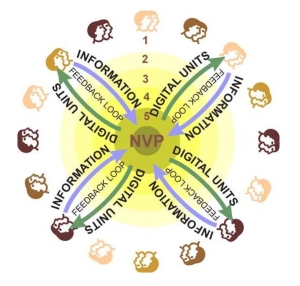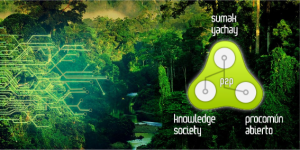
Open Content and Public Broadcasting: Future Business Models – YouTube
Over 100 participants and industry leaders explore issues related to producing and distributing open access content across multiple public broadcasting platforms.The WGBH Educational Foundation, with support from the William and Flora Hewlett Foundation and the Corporation for Public Broadcasting, hosts a conference on Open Content and Public Broadcasting. Listen in as over 100 participants come together with industry leaders to explore issues related to producing and distributing open access content across multiple public broadcasting platforms.
Degrowth 2014 – Michel Bauwens on The Transition to a Sustainable Commons Society – YouTube
Degrowth will only be possible by changing the artificial scarcity-based design practices and engineering of the for-profit sector and by removing the incentive to externalize the true production costs in terms of matter and energy. A commons-oriented approach should combine global open design based in communities, local on-demand distributed manufacturing, and the use of renewable distributed energy. Along with changes in governance and ownership, it can contribute to a global phase transition.Vertalen







